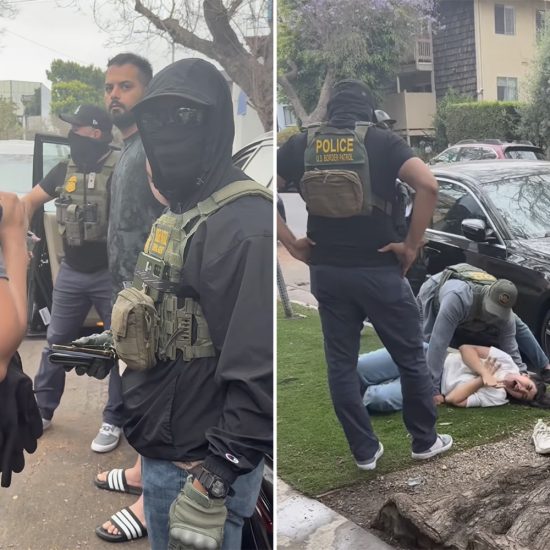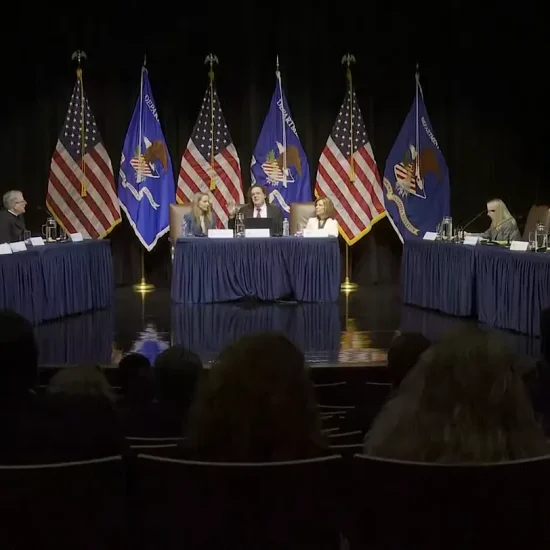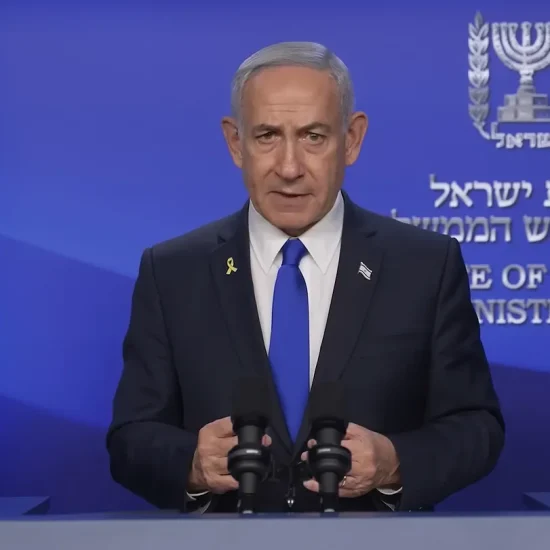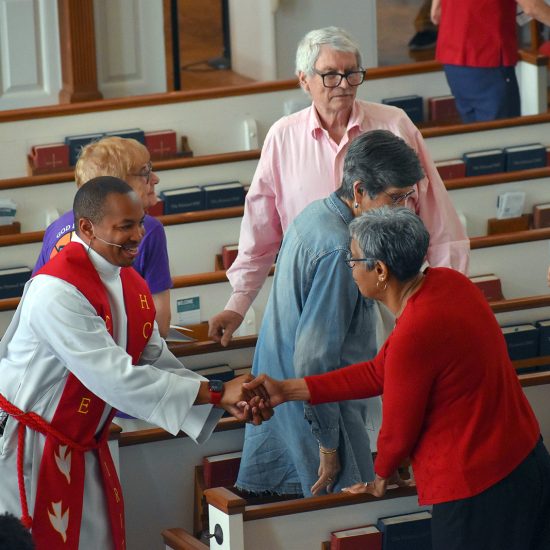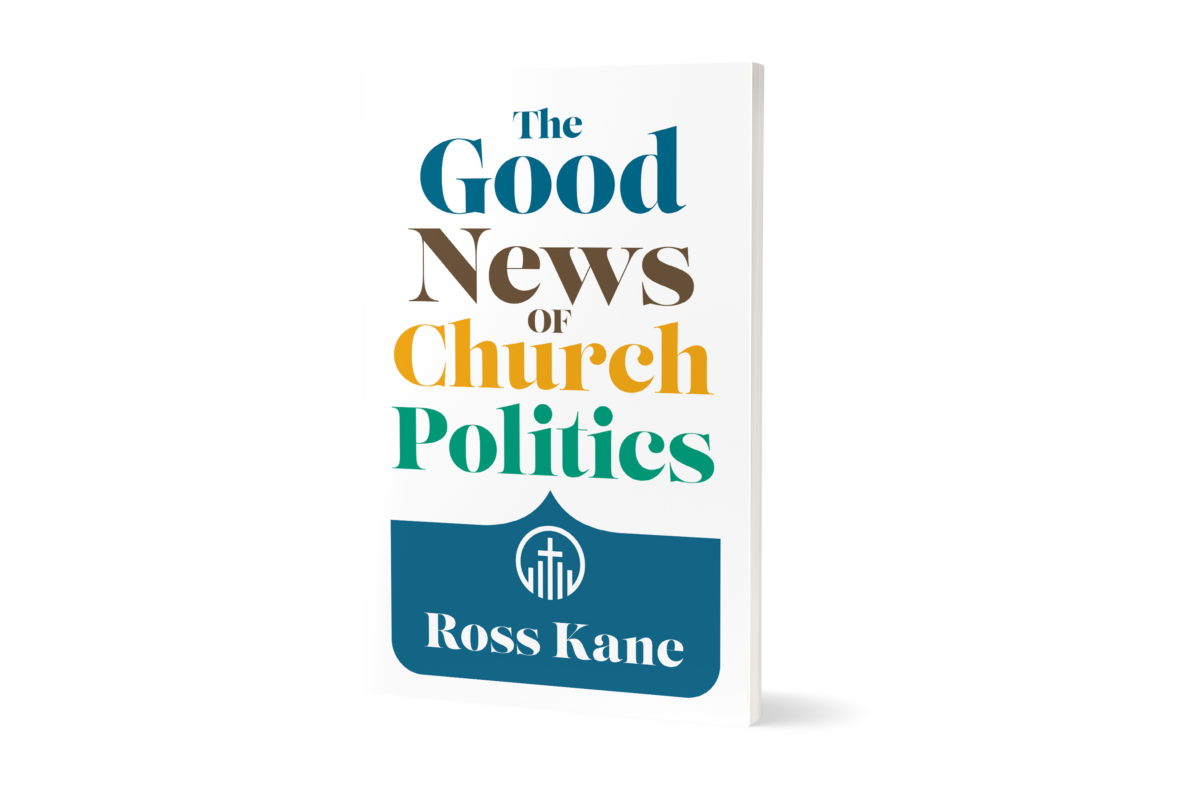

THE GOOD NEWS OF CHURCH POLITICS. By Ross Kane. Grand Rapids, MI: Wm. B. Eerdmans Publishing Company, 2024. Xi + 126 pages.
Over the years, while serving congregations as their pastor, I’ve heard congregants say they didn’t want to hear about politics from the pulpit. In their mind, the church is a spiritual place so politics is too worldly. At the same time, during my years as a pastor, I’ve experienced plenty of church politics. It might not be partisan, and it may have little to do with what happens outside the congregation, but it’s still politics. That is, it’s a question of who has power so the ones with power can influence the life of the church. That might not be what we think of as politics, but that’s what it is. Now, even if the church stays clear of partisanship if it seeks to influence life outside the congregation, such as pursuing justice, it engages in politics.

Robert D. Cornwall
The question for the church concerns how we stay faithful to our calling to love God and neighbor without succumbing to partisanship. As anyone who has been involved in justice ministries, that’s not an easy task. I’ve tried to find a balanced approach to community engagement during my years of ministry. I even wrote a book titled Faith in the Public Square: Living Faithfully in 21st Century America, which contains among other things many of the weekly columns I wrote for a local paper that touched on political issues from a faith perspective. The fact is, I’m a rather political person, even a partisan one, so keeping things in balance so that I don’t become a tool of a particular political movement is a challenge.
With this introduction to the question of politics in the church, I turn to Ross Kane’s book The Good News of Church Politics. It addresses the challenges facing the church as it navigates various political worlds, whether it’s a matter of internal congregational politics, denominational politics, local politics, or national politics. The book, though brief, offers us thoughtful guidance that helps us deal with our political worlds.
Ross Kane is an Episcopal priest and an associate professor of theology, ethics, and culture at Virginia Theological Seminary. In The Good News of Church Politics, Kane brings both his experience as a pastor and his training and calling as a Christian ethicist to bear on these areas of concern. As such, in this book, Kane seeks to provide “a theological guide to orient how we approach scenarios” (p. ix). It is, he suggests a “political theology for congregational ministry.” By that he seeks to give “an account of local church politics in light of God and God’s purposes of love and justice” (p. ix).
Kane divides his book into four parts, each with four to six chapters. He begins in Part 1 by discussing “Ordinary Politics.” Here he speaks of neighbor love (Ch. 1), “Loving Interdependence” (Ch. 2), “Public Life in Scripture and Worship (Ch. 3), and finally “Good News in Politics” (Ch. 4). The last chapter in Part 1 might seem like an oxymoron since politics is often viewed as being dirty, so we might question how it could be good news. He answers the question by suggesting that love is the foundation of politics or group organization. He writes that “the good news of church politics is the reign of God that Jesus started — an interdependent human community based in love, a human community spurred by the Holy Spirit to share the good news of God’s mercy and love” (p. 22). In seeking to bring the good news to bear on our world, he suggests we start locally, asking how government functions and how we influence it.
In Part 2, Kane explores “The Spirituality of Politics.” He does so with chapters on “Prayer and Politics,” “Loving Enemies,” “Forgiveness as Political,” and “Tangles of Forgiving.” As you can see from the chapter titles the fact he devotes two chapters to forgiveness that for politics to be good news it must include forgiveness. When we consider the role of forgiveness along with the importance of loving our neighbors, we begin to recognize the challenges inherent in political life. Perhaps that’s why he starts with prayer. Kane points out that while they may seem different, prayer and politics share a lot in common, for “They require persistence, patience, and attention to mundane experience, and commitment to communal life. They are some of the most poignant avenues the Spirit uses to transform lives” (p. 31).
Part 3 focuses on “Renewing Leadership through Good Politics.” Here he offers chapters on the “Habits of Faithful Politics,” “Love as Political Power,” and a chapter exploring how the church can model good politics by facing their sins, making restitution, and seeking healing. Here “repentance becomes a political practice vital to a church’s self-identity” (p. 63). There are two other chapters in this section titled: “Finitude and Sin” and “Authority and Leadership.” In the final chapter of the section, Kane notes that even the most egalitarian communities have structures of authority. What he offers as an appropriate form of power is one that involves persuasion as the foundation of leadership. That includes the authority of pastors. This persuasion “is grounded in a love that recognizes our interdependence, for it refuses to force its own way and recognizes our connection with one another” (p. 80).
Having laid out his vision of politics as it is rooted in the church, a politics that is expressive of Jesus’s vision of community, Kane devotes the remaining six chapters of The Good News of Church Politics to “The First Fruits of Public Life.” In this section, Kane moves from the politics of the church to the wider world. He begins with a chapter on “The Congregation in the Wider Community.” He writes “As a church loves its neighbors, it should find itself engaged in local politics in ways that change both the neighborhood and the church” (p. 85). From this foundation, which assumes that a church that loves its neighbors will engage with the larger community, we move forward to discussions of the “Limits of Hyperlocal Politics.” When he speaks of hyperlocal politics, he means focusing only on the immediate neighborhood and not recognizing that the neighborhood is part of a larger whole.
In his chapter “Seeking the Welfare of the City,” Kane draws on Jeremiah’s important word to fellow Jews living as exiles in Babylon, encouraging them to put down roots and work for the welfare of the city. In this chapter, Kane speaks of living between two cities, the earthly and the heavenly. From there we move to living as “Christians amid the Nations” and the “First Fruits of Public Life.” The final chapter is titled “The Wisdom of Neighbors.” Here Kane draws our attention to the wisdom to be gained from interfaith partners. This is an important chapter, especially for Christians who live in communities like the one I live in, which is highly pluralistic. I count among my closest friends, Muslims, Jews, and Hindus. I have learned much from them and value their wisdom.
In his conclusion to The Good News of Church Politics, which is titled “The Body of Christ and the New Jerusalem,” Kane reminds us that as members of the Body of Christ, we are connected to a great cloud of witnesses. Therefore, our citizenship is in a realm greater than any community or nation. As part of that body of Christ, our politics should be rooted in the church. It’s not a matter of combining church and state (theocracy) or engaging in religious nationalism, it is, rather recognizing that our politics/our allegiances start in the church, where we hear Jesus’s call to love our neighbors.
Ross Kane’s The Good News of Church Politics is not a lengthy book, but it covers a lot of territory. In an age when many church members are trying to figure out how their faith relates to their political lives, having a book like this should prove helpful. The question isn’t whether there is politics in the church but what form that politics takes in a congregation and in the lives of the people who make up the congregation. This is especially important when we watch the increasing presence of Christian Nationalism in which national politics overwhelms the teaching of Jesus. Polls are revealing that many conservative Christians find Jesus too liberal. If that is true of us, we have lost our way.
With this in mind, Ross Kane offers us an accessible book designed to encourage congregational conversation, as each of the four sections ends with a series of discussion questions and further readings. Thus, here is a four-week study on faith and politics. The Good News of Church Politics is a timely book that is worth considering since, whether we like it or not, politics is part of life and the church is by nature a political institution. The question is whether the politics of the church is one of loving interdependence that seeks to bring heaven to earth. I close this review with this statement from the book’s conclusion: “When the world sees a church that embodies divine love and the world feels itself drawn to that love, the heavenly city joins earth. The Spirit empowers us to be agents of heaven joining earth” (p. 118). I think that’s what Jeremiah had in mind when telling the exiles to put down roots.
This review originally appeared on BobCornwall.com.
Robert D. Cornwall is an ordained minister in the Christian Church (Disciples of Christ). Now retired from his ministry at Central Woodward Christian Church (Disciples of Christ) of Troy, Michigan, he serves as Minister-at-Large in Troy. He holds a Ph.D. in Historical Theology from Fuller Theological Seminary and is the author of numerous books including his latest “Second Thoughts about the Second Coming: Understanding the End Times, Our Future, and Christian Hope” coauthored with Ronald J. Allen. His blog Ponderings on a Faith Journey can be found at www.bobcornwall.com.

